B2C SEO: How to Boost Your Consumer Reach through Backlinks
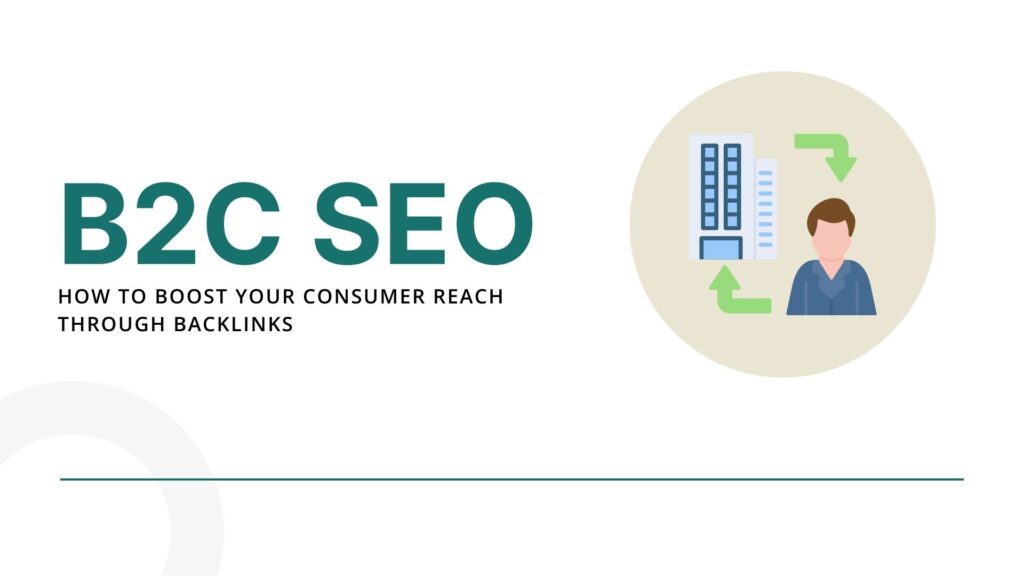
In the world of B2C (Business-to-Consumer) marketing, reaching your audience online is key to growing your brand and increasing sales. One of the most effective ways to do this is through SEO (Search Engine Optimization). While there are many elements of SEO, backlinks stand out as a powerful tool for improving your search engine rankings and driving more consumers to your website.
In this blog post, we’ll explore how backlinks can boost your B2C SEO efforts, why they matter, and practical steps to build high-quality links that reach your target audience.
In this article:
- What Are Backlinks, and Why Do They Matter in B2C SEO?
- How Backlinks Influence Consumer Reach
- The Role of Quality in Backlinks
- How to Build Backlinks for B2C SEO
- Measuring the Success of Your Backlink Strategy
What Are Backlinks, and Why Do They Matter in B2C SEO?
A backlink is a link from one website to another. For example, if a popular blog links to your online store, that’s a backlink for you. Search engines like Google view backlinks as “votes of confidence.” The more quality backlinks your site has, the more likely search engines are to trust it and rank it higher in search results.
In B2C SEO, backlinks are important because they:
- Boost Visibility: Higher rankings mean more consumers will see your website in search results.
- Drive Traffic: Backlinks from relevant websites can bring more visitors to your site.
- Build Credibility: Links from trusted sites signal that your business is reputable.
For B2C businesses, backlinks are a way to connect with consumers directly and indirectly by improving your website’s visibility.
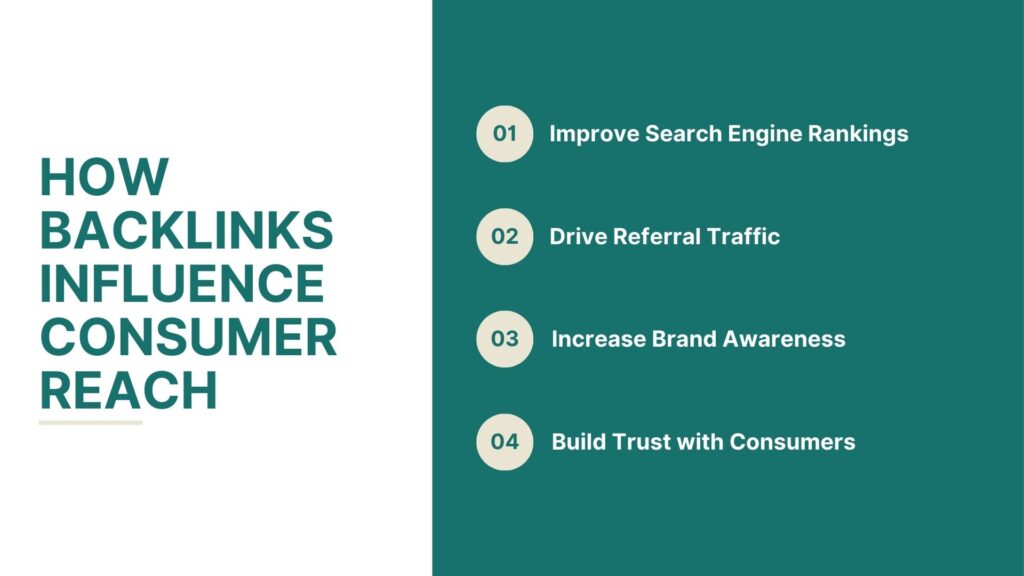
How Backlinks Influence Consumer Reach
When you focus on building backlinks as part of your B2C SEO strategy, you can expand your consumer reach in several ways:
1. Improve Search Engine Rankings
Backlinks are one of the top-ranking factors for Google and other search engines. High-quality backlinks from trusted websites increase your site’s domain authority, making it more likely to rank for important keywords.
For example, a bakery targeting the keyword “best cupcakes near me” can improve its ranking by earning backlinks from food blogs, local directories, or review sites.
2. Drive Referral Traffic
When someone clicks on a backlink from another website to yours, it’s called referral traffic. Referral traffic is often highly targeted because the linking website’s audience is already interested in your niche.
A fitness brand that earns a backlink from a popular health blog will likely attract readers who are already interested in fitness products.
3. Increase Brand Awareness
Backlinks from well-known websites or influencers introduce your brand to new audiences. Even if visitors don’t convert immediately, they’re more likely to remember your brand and return later.
4. Build Trust with Consumers
When consumers see your website linked by reputable sources, it builds trust. People are more likely to buy from a business that others endorse.
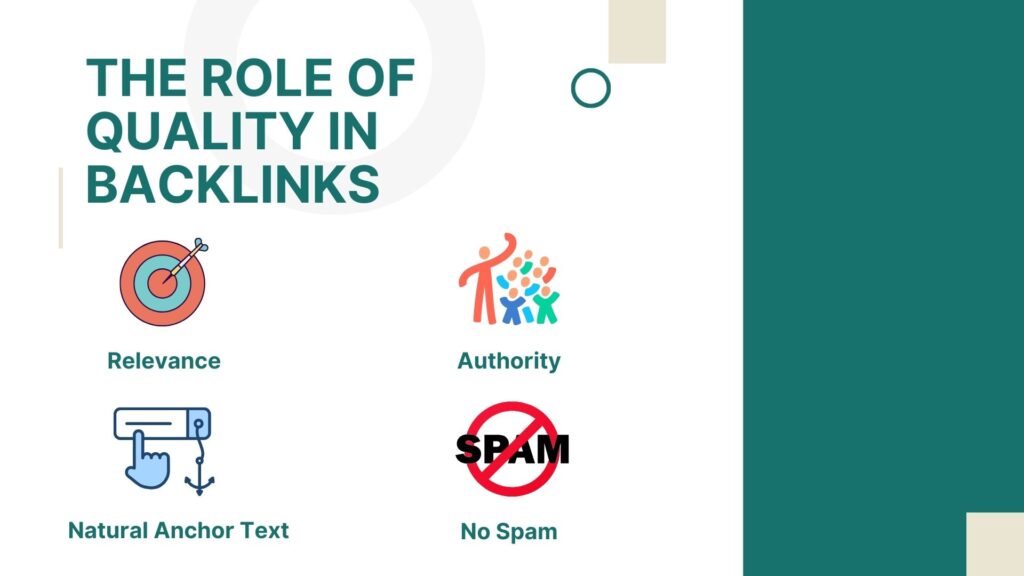
The Role of Quality in Backlinks
Not all backlinks are created equal. The quality of a backlink matters more than the quantity. Here’s what makes a backlink high-quality:
1. Relevance
The linking website should be related to your industry or niche. For example, a clothing brand benefits from a backlink on a fashion blog, not a tech review site.
2. Authority
Websites with high domain authority (DA) pass more SEO value through their backlinks. Tools like Ahrefs or Moz can help you check a website’s DA.
3. Natural Anchor Text
The clickable text of the link, known as anchor text, should look natural and reflect the content of the linked page.
- Good anchor text: “Top summer dresses” linking to a clothing store’s product page.
- Bad anchor text: “Click here” with no context.
4. No Spam
Avoid backlinks from spammy or low-quality sites. These comment spam can hurt your rankings instead of helping.
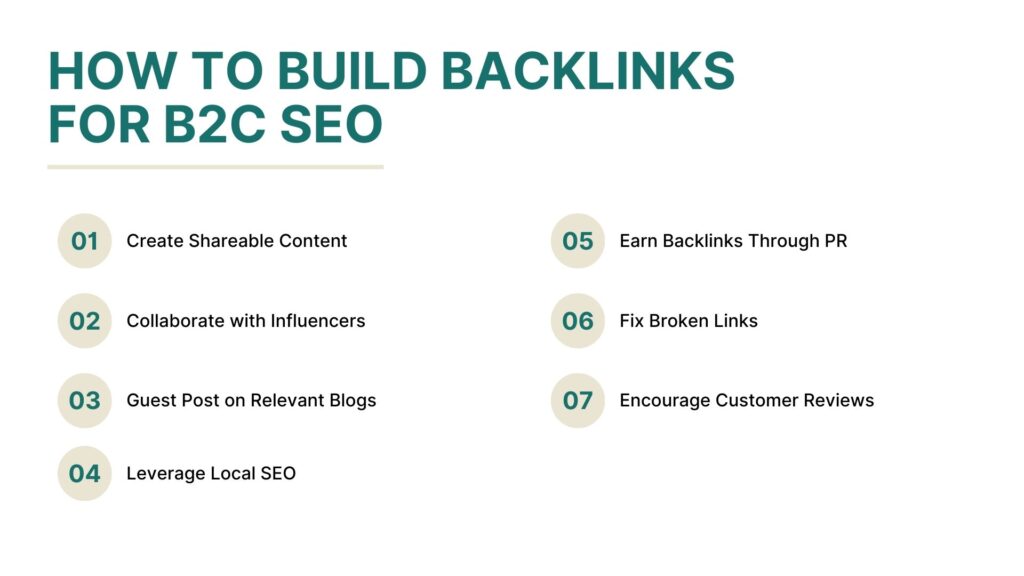
How to Build Backlinks for B2C SEO
Building backlinks requires effort, but the rewards are worth it. Here are some effective strategies for earning backlinks to boost your B2C SEO:
1. Create Shareable Content
High-quality, shareable content is one of the best ways to attract natural backlinks. Focus on creating content that is:
- Helpful: Solve a problem or answer a question for your audience.
- Entertaining: Engage your audience with fun or inspiring content.
- Visual: Infographics, videos, and images are highly shareable.
For example, a skincare brand could create an infographic about “5 Simple Steps to Healthy Skin” and share it on social media.
2. Collaborate with Influencers
Influencers have loyal audiences and can help you earn backlinks through blog posts, social media shoutouts, or product reviews. Choose influencers whose followers align with your target audience.
For example, a pet food company could partner with a pet influencer who writes a blog post linking to their website.
3. Guest Post on Relevant Blogs
Guest blogging is a win-win strategy for earning backlinks. You provide valuable content for another website, and in return, you get a backlink to your site.
Steps to get started:
- Identify blogs in your niche that accept guest posts.
- Pitch a topic that would interest their readers.
- Include a natural backlink to your site in the content or author bio.
4. Leverage Local SEO
If your B2C business serves a specific area, focus on earning backlinks from local directories, community websites, and local bloggers.
For example, a coffee shop could get listed in a local business directory and reach out to a local food blogger for a review.
5. Earn Backlinks Through PR
Public relations (PR) is a powerful way to get backlinks from high-authority news sites or blogs. Here’s how:
- Send press releases about new products, events, or company milestones.
- Build relationships with journalists and offer expert quotes or insights.
- Use services like HARO (Help a Reporter Out) to connect with journalists looking for sources.
6. Fix Broken Links
Broken links are links that lead to a non-existent page. Find broken links on relevant websites and suggest replacing them with links to your content. Tools like Ahrefs or Broken Link Checker can help you find these opportunities.
7. Encourage Customer Reviews
Reviews on platforms like Yelp, Google Business, and industry-specific review sites can generate backlinks. Encourage satisfied customers to leave reviews by providing excellent service and asking politely.
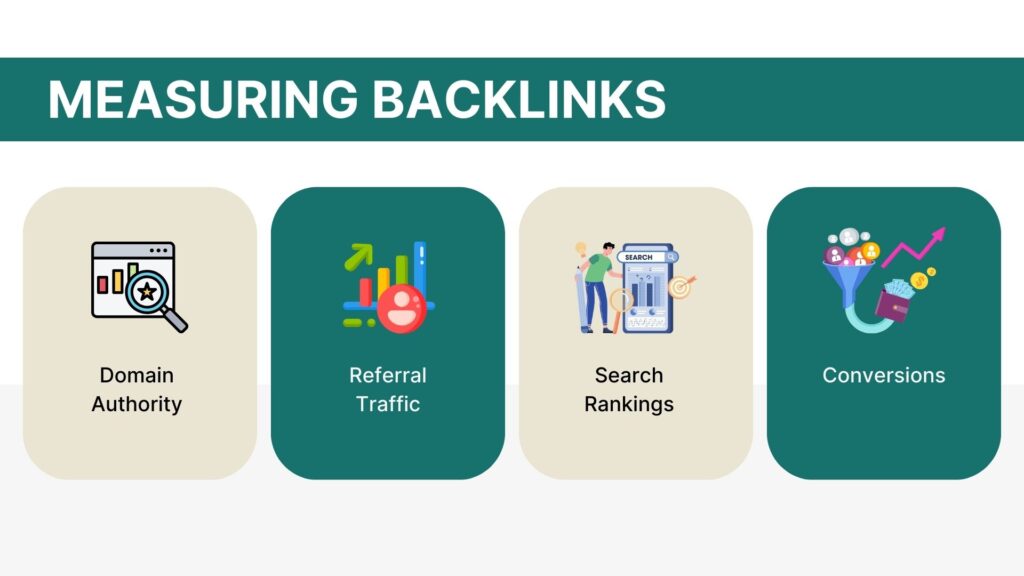
Measuring the Success of Your Backlink Strategy
Once you start building backlinks, it’s important to measure their impact on your SEO and consumer reach. Here are some metrics to track:
1. Domain Authority
Use tools like Moz or Ahrefs to see if your domain authority improves over time.
2. Referral Traffic
Check your website analytics to see how much traffic is coming from backlinks. Google Analytics can show you which links are driving visitors.
3. Search Rankings
Track your target keywords to see if your rankings improve after earning backlinks.
4. Conversions
Monitor how many visitors from backlinks are converting into customers or taking desired actions.
Consumer-Centric SEO
In the competitive world of B2C SEO, backlinks are a powerful tool for boosting your consumer reach. By earning high-quality backlinks from relevant, trusted websites, you can improve your search rankings, drive targeted traffic, and build trust with your audience.
Start by creating valuable content, building relationships with influencers, and leveraging local SEO. With a consistent effort, your backlink strategy will not only enhance your SEO but also connect you with more consumers who are eager to engage with your brand.
Reaching consumers online starts with the right backlinks. Link Genius helps you streamline your outreach and secure high-quality, relevant links that drive traffic.
